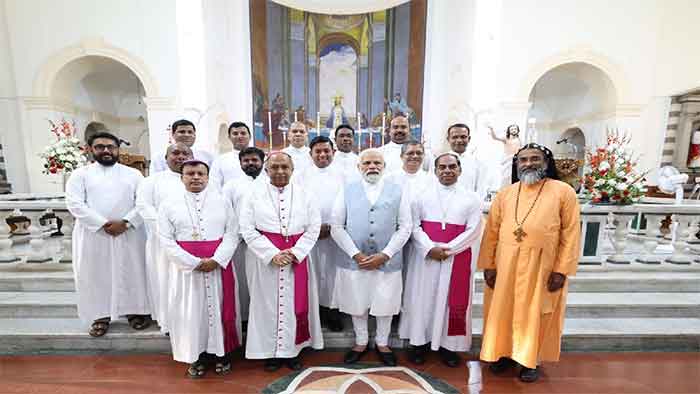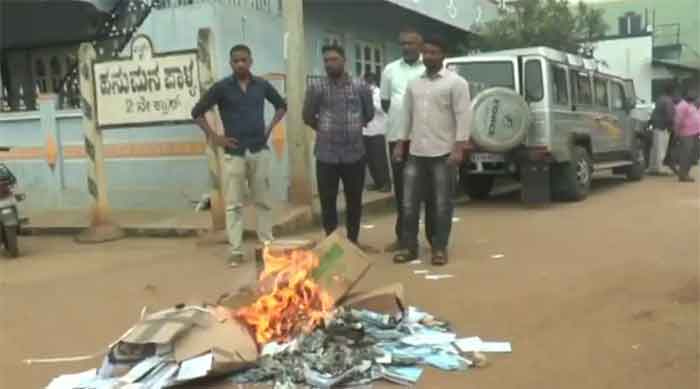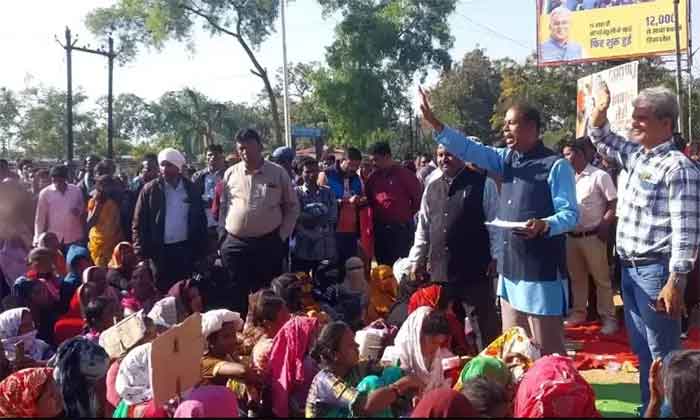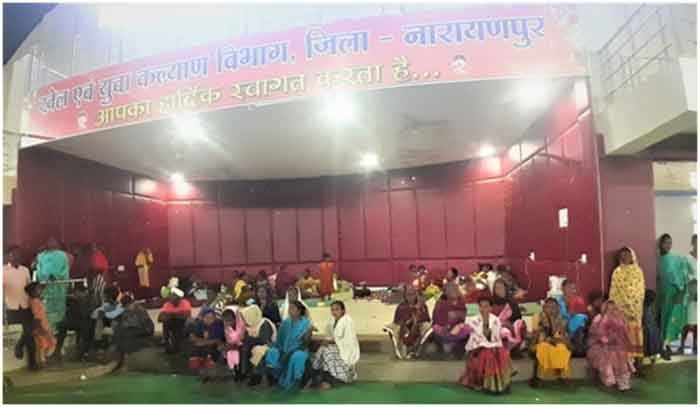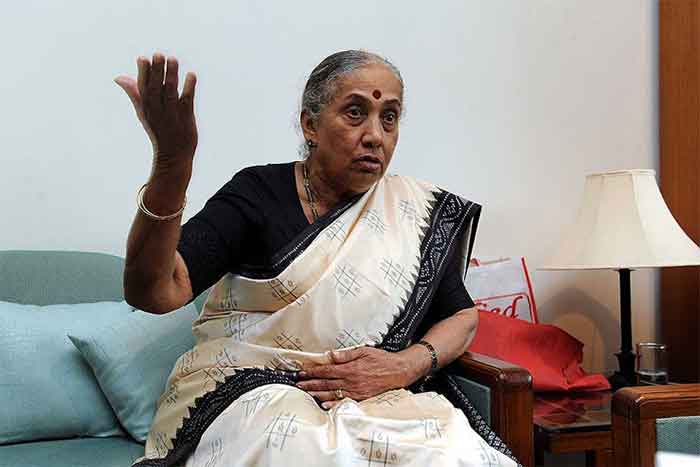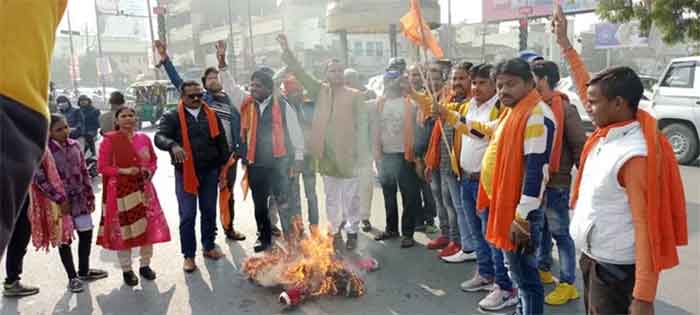
Christians are under frequent threat by the Chief Minister in Goa. Without any real evidence to corroborate false qualms, he has vowed to act with an unyielding hand to put down forced conversions that were taking place in remote corners. Pastor Dominic has been one of his targets and the government had even imposed Section 144 around his residence. Religion cannot be conducted under political surveillance.
Minority Christians fail to grasp the upheaval not only in Goa but in the country as a whole. Such religious persecution contradicts the secular vision prescribed in the constitution. There is a plain message to all right wing rulers: “Faith is a matter of conviction and nobody requires permission to join another faith group as long as it was not under duress. Many Hindus attest to the fact that they join Pastoral ministries in Goa to find solace and, often, healing from dreadful illnesses. They do not generally convert to Christianity and Pastors do not make that a pre-requisite.
Extremist leaders from the Hindu majority feign fear of the minorities as if the country is at imminent risk of being taken over by Muslims and Christians. This is an incongruous notion. Since the Sanvordem riots, Goa’s reputation for peaceful co-existence has been alternated by scruffily constructed hate laboratories. It was once the question of beef. Then, there were several Gram Sabhas which voted to forbid permission for Muslims from residing in their areas or set up businesses in the area. (Muslims are skilled business persons and the loss will be Goa’s). After that came the desecration of crosses whose perpetrators still roam free while an innocent elderly man was blamed for the mayhem and later declared innocent. If persistent communal bullying persists, Goa will be seen as space where ease of business is thorny and could lead to declining investments, flight of/skilled labour, and a sullying of Goa’s image as an inclusive space.
Mohan Bhagwat avers that “Hindu society has been at war for over 1,000 years against foreign aggressions, foreign influences and foreign conspiracies and now finally Hindu society has awakened. But why the counter-aggression, especially when the Hindu community is pulsating with values and vigor. In general, Hindu society is not fragile and is hugely vibrant in numbers and spiritual dimensions. Hindus should be confident, imbibing tolerance and inclusion. The recent drift into belligerence by fringe elements is out of sync with the teachings from the seers and saints of Hindu traditions. Counter-aggression has no purpose. Their worry should remain the harsh fact of internal caste and ethnic conflicts.
Goa is obtusely gripping patterns of communalism from elsewhere in the country. Anti-Muslim and Anti-Christian sentiments around the country are being animated by right wing fringe elements and aped in Goa. Muslims and Christians around the country are being told that they do not derive from the ‘Indic’ traditions, and hence are not true Indians. The government should aggregate the manifold services run by various Christian traditions to understand the impact the church has made to social development. Conversions are an irrelevant aspect for mainstream churches. Muslims not only serve their community according to their religious dictates; they contribute to the economy of the State in greater proportions than their numerical strength represents.
The rebuilding of temples purportedly brought down by Portuguese rulers is assuming communal dimensions. Reparations must be paid for by the colonizer who destroyed heritage spaces. Portugal is an economically outdone country, but they must do their part. Is this a political move or genuinely reclamation of heritage? If so, why not restore Christian heritage sights? It does not quite add up.
Political rhetoric and ambiguous interpretations of the Freedom of Religion Acts are responsible for the high rate of Christian persecution in India. The UK-US-based group Open Doors ranks India high in a World Watch List of 50 countries where it is dangerous to live as a Christian. India traditionally parades itself as a secular state, one where all religions are recognized and can peacefully co-exist. Facts-on-the-ground contradict this claim. In 2017, the Pew Research Center analysis of 198 countries ranked India as fourth worst in the world for religious intolerance.
The recently established Goa Christian Federation (GCF), comprising Clergy and Lay Christian leaders has united to serve oppressed people of all faiths. For now, the efforts will be in Chhattisgarh where Adivasi Christians faced attacks from right wing forces that drove them out of their homes, villages, and fields. The attackers insist that Adivasis embrace Hinduism or face being banished from their homes forever. They have socially boycotted the Christian Adivasis, organized assaults, and traumatized them.
GCF demands that right wing elements that attacked the Adivasis must be subject to legal action. What happened was a systematic campaign of dispossession and denial of identity and choice. Police are also complicit and until all perpetrators are reigned in, the culture of impunity will worsen conditions for the Christian Adivasis. Chhattisgarh swiftly needs adequate relief camps to which people had fled under duress by extremists. Chhattisgarh authorities must restore the rule of law and allow Adivasis Christians to live by their faith convictions and reclaim their dignity and Constitutional right to practice whatever religion they choose to adopt.
Right wing fundamentalists have dismantled homes and prayer houses of the Christian Adivasis and the elementary task of the government is to ensure that they are rebuilt by the State. Victims of violence should be adequately compensated for the psychological pain and agony they suffer, apart from loss of property, agricultural assets, cattle and livelihoods. Pastors arrested under dubious sections of the law must be set free.
Indian secularism is at grave risk. A spate of anti-conversion bills and Chhattisgarh are being pushed like a malignant phenomenon with no clarity of intent, except to divide-and-rule. Secular-minded Hindus, Muslims, Sikhs, Buddhists, Jains, Christians and animists must push-back in masses, reclaim our common humanity, and celebrate India’s magnificent and multi-religious/cultural values.
Ranjan Solomon is a political commentator and a human rights activist.

